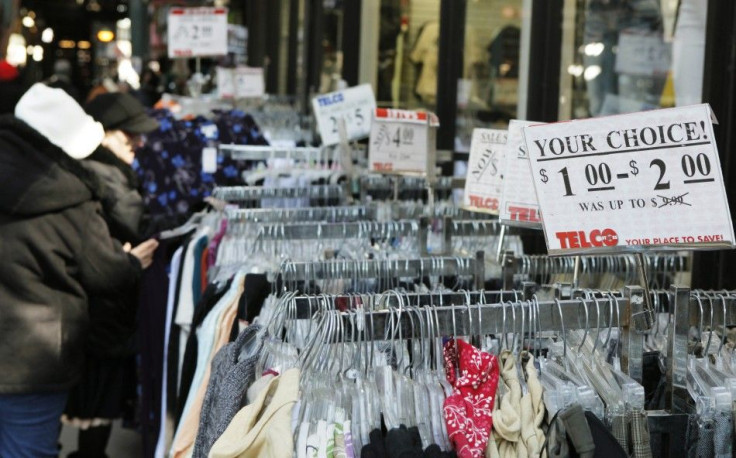'Oil, food prices to eat up two-thirds of $110-bln payroll tax cut'

The recent increases in oil and food prices have raised questions about the sustainability of the U.S. recovery, while threatening to absorb as much as two-thirds of the $110-billion payroll tax cut, an analyst has said.
At a time when households heaved a sigh of relief due to the government's payroll tax cut decision, the commodity boom is threatening to strike down the gains.
We estimate that at least two-thirds of the $110bn payroll tax cut will eventually be absorbed by higher prices, Paul Dales, senior U.S. economist at Capital Economics, said in a note. The higher prices have played some role in the 0.1 percent month-on-month fall in real consumption in January, Dales noted.
The payroll tax cut had resulted in a big rise in incomes for Americans, though this did not translate into higher spending, indicating that the recovery was not robust.
The economy has continued to show significant improvement, but the recent spike in oil and commodity prices has cast a cloud over the sustainability of the recovery, Dales wrote.
Gasoline prices in the country averaged $3.50 Monday, up from $1.97 two years ago, Market Watch said in a report.
© Copyright IBTimes 2024. All rights reserved.


















